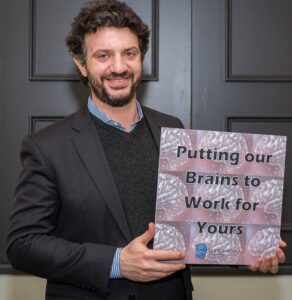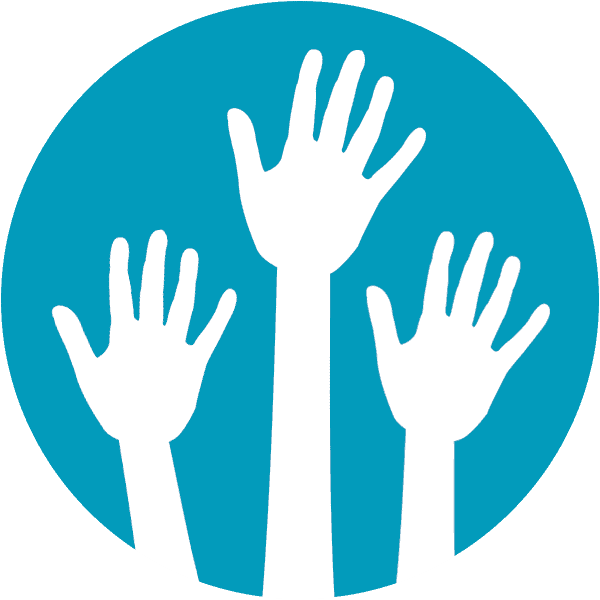Dystonia Genes Converge in Specific Neurons & Intersect Underlying Genetic Basis of Psychiatric Disorders

There are many types of dystonia, often presenting with very distinct symptoms. There is also a great deal of overlap in the physical manifestation of symptoms across the different types. Non-motor symptoms are common, including psychiatric disorders such as depression and anxiety. There have been numerous genes identified to cause dystonia, and it is not yet clear what these genes have in common.
A group of researchers led by Niccolò Mencacci, MD, PhD of Northwestern University Feinberg School of Medicine set out to help disentangle the complex genetic landscape of dystonia by systematically analyzing genetic data from mice and humans. They set out to learn whether dystonia-causing genes can be linked to shared brain pathways and, if so, where in the brain this convergence takes place. Plus, whether there are underlying genetic links to the psychiatric disorders frequently seen in dystonia. Using new and well-established genetic approaches, the researchers tested 28 dystonia genes for increased expression in specific brain cell types. They found that multiple dystonia-causing genes interact and contribute to dysfunctional signaling in specific groups of neurons in the brain. Furthermore, commonalities have been found in the underlying genetic basis of dystonia and a range of psychiatric disorders often seen in dystonia patients including anxiety, depression, and obsessive-compulsive disorder. These findings suggest that certain mental health disorders may be part of the underlying genetics of dystonia, thereby increasing an individual’s risk of developing psychiatric symptoms. The report reflects the increasing call from experts to recognize and address non-movement symptoms in dystonia patients. The results also represent an important step in better under-standing the brain pathways involved in dystonia and examining relationships among dystonia-causing genes and among dystonia types.
The Dystonia Medical Research Foundation is a 501(c)(3) non-profit organization dedicated to advancing research for improved dystonia treatments and ultimately a cure, promoting awareness, and supporting the well-being of affected individuals and families.



